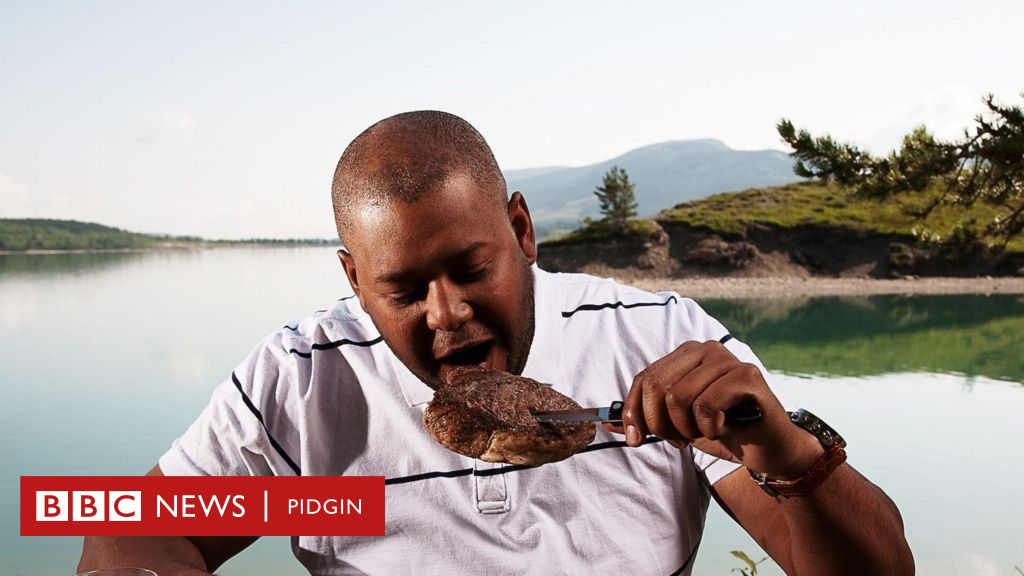Understanding the Legal Status of Cannibalism Worldwide: Laws, Exceptions, and Societal Implications
Introduction: The Legal and Societal Landscape of Cannibalism
Cannibalism-the act of consuming human flesh-has long fascinated and disturbed societies around the globe. While the practice is almost universally condemned on moral and ethical grounds, the legal status of cannibalism is far more complex and varies significantly by country and context. This article provides a comprehensive, evidence-based examination of where cannibalism is legal, the types of laws that address it, rare exceptions, and what you can do if you encounter situations where legality is ambiguous. We also offer guidance on how to research local laws and access relevant legal or cultural resources.
1. Global Overview: Is Cannibalism Ever Legal?
In most modern societies, cannibalism is not explicitly legal . Instead, laws addressing related acts-such as murder, desecration of corpses, and improper handling of remains-make it effectively impossible to legally obtain and consume human flesh. However, there are rare exceptions, ambiguous legal landscapes, and historical precedents that complicate the picture [1] . Understanding the distinction between explicit bans and legal loopholes is essential for anyone researching or concerned about this topic.

Source: bbc.com
2. Countries with Direct or Indirect Laws Against Cannibalism
While few nations have direct statutes prohibiting cannibalism by name, the following legal mechanisms are commonly used to criminalize it:
- Murder and Assault : Ingesting another human almost always involves murder or bodily harm, both strictly illegal worldwide.
- Desecration or Abuse of Corpses : Many jurisdictions have laws that specifically ban mutilation, dismemberment, or consumption of human remains, regardless of how the body was obtained. For example, Oklahoma law in the U.S. defines desecration broadly enough to include cannibalism, with exceptions only for official, medical, or forensic procedures [1] .
- Public Health and Sanitation Laws : These often prohibit the handling or consumption of human tissue outside regulated frameworks (such as medical research or education).
For instance, in the United States , no federal or state law expressly bans cannibalism itself, but any attempt to practice it would almost certainly result in prosecution under other laws [1] .
3. Countries with Ambiguous or No Direct Cannibalism Laws
Some countries lack explicit legislation criminalizing cannibalism, creating legal ambiguity. In India , there is no specific law that directly bans cannibalism. This absence has led to legal debates, especially in rare and high-profile cases. Typically, acts associated with cannibalism-such as murder or corpse desecration-are prosecuted under existing criminal statutes [2] . Cultural and historical practices, such as those by the Aghori sect, have occasionally attracted legal and media attention, but charges are generally brought under other relevant criminal laws [4] .
In some indigenous or remote communities, traditional beliefs and practices may influence the legal response, but modern legal systems increasingly intervene when such acts come to light [2] .
4. Historical and Cultural Contexts: Cannibalism in Practice
Throughout history, cannibalism has been practiced in various contexts, including ritual, famine, and warfare. In places like Papua New Guinea , Melanesia , and parts of the Amazon and Africa , anthropologists have documented ritual or survival cannibalism. However, these practices have largely been abandoned or suppressed in recent decades, and are now subject to legal prosecution in most countries [3] .
Cultural traditions may still influence local attitudes, but engagement in cannibalism today is extremely rare and typically leads to intervention by law enforcement and public health authorities.
5. Rare Legal Exceptions: Are There Places Where Cannibalism Is Legal?
Verified, explicit legal permission for cannibalism is exceedingly rare. Some online sources refer to legal exceptions in hypothetical or highly regulated contexts. For example, the ConWorkShop Wiki notes that Achiyitqana, a fictional or constructed language community, claims tightly regulated legal cannibalism for funerary and subsistence reasons [5] . However, there are no modern, internationally recognized sovereign nations where cannibalism is openly legal and practiced under state sanction.
In rare instances, so-called “shipwreck clauses” have been invoked in historical cases, where survival cannibalism (such as in shipwrecks or disasters) was not automatically prosecuted. Modern legal systems, however, tend to address such cases individually, often considering extenuating circumstances in sentencing rather than granting blanket legal permission [3] .
6. What to Do If You Need to Research Local Laws or Encounter Legal Grey Areas
If you need to determine the legal status of cannibalism in a specific country, region, or situation, follow these steps:
- Consult Official Legal Codes : Search the official government website or legal code repository for the country or state in question. Use search terms like “desecration of corpse,” “handling of human remains,” or “unlawful homicide.”
- Seek Legal Counsel : If you are facing a situation involving ambiguous legal circumstances, consult a licensed attorney who specializes in criminal law for the relevant jurisdiction.
- Contact Law Enforcement or Public Health Authorities : In situations involving unusual cultural practices or emergencies, contact local authorities for guidance.
- Use Academic and Legal Databases : Resources such as the Cornell Legal Information Institute ( https://www.law.cornell.edu/ ) provide up-to-date legal definitions and statutory information for U.S. law.
Because laws are subject to change and interpretation, always rely on official, reputable sources and seek professional legal advice when needed.
7. Practical Steps to Access Information and Support
If you are researching this topic for academic, legal, or personal reasons, consider the following practical steps:
- Start with authoritative academic sources, such as university libraries or peer-reviewed journals, for historical and cultural context.
- Access online legal databases, like the Cornell Legal Information Institute, to review current statutes and case law.
- If you need to contact an expert, search for criminal law specialists in your country or region, or reach out to a local Bar Association for referrals.
- For urgent or sensitive cases, such as those involving public safety or mental health, contact local law enforcement or mental health services using official government directories.
To ensure accuracy, always verify the identity and credentials of professionals and organizations before seeking advice or sharing sensitive information.
8. Challenges and Considerations
The study and prosecution of cannibalism are fraught with challenges:

Source: collections.slsa.sa.gov.au
- Legal Ambiguity : In jurisdictions without explicit bans, prosecutors must use related laws, which can complicate legal proceedings.
- Cultural Sensitivity : In rare cases where cannibalism is linked to cultural practices, authorities must balance legal enforcement with respect for indigenous rights and traditions.
- Media Sensationalism : Cases involving cannibalism often attract considerable media attention, which can distort public perception and complicate fair legal processes.
When approaching such topics, it is essential to practice sensitivity and rely on factual, well-sourced information.
9. Alternative Approaches and Broader Implications
Rather than focusing on rare or sensational cases, many experts recommend broader approaches to prevention and education:
- Support mental health initiatives and public awareness campaigns, especially in communities where superstition or psychological issues may play a role [2] .
- Encourage respectful cross-cultural dialogue to address historical or ritual practices in a manner consistent with modern human rights standards.
- Promote the use of forensic and public health expertise in investigating and responding to suspected cases.
Conclusion: Navigating the Complex Legal Reality
In summary, cannibalism is almost universally illegal in practice, even where not explicitly named in the law. The absence of direct prohibitions in some jurisdictions does not create a legal safe haven, as related criminal statutes apply. For anyone seeking to understand or navigate the legal landscape of cannibalism, the best approach is to research current local laws using official government and academic resources, consult qualified legal professionals, and always rely on verified, reputable sources for guidance.
References
- [1] Cornell Legal Information Institute (2025). Cannibalism: Legal Definitions and Statutes.
- [2] Rest The Case (2025). Is Cannibalism Legal in India? Laws, Cases, and Cultural Perspectives.
- [3] Wikipedia (2024). Human Cannibalism: Historical and Modern Contexts.
- [4] Wikipedia (2024). Cannibalism in Asia: Historical and Modern Reports.
- [5] CWS Planet – ConWorkShop (2025). Cannibalism by Country: Legal Status and Exceptions.
MORE FROM jobzesty.com













